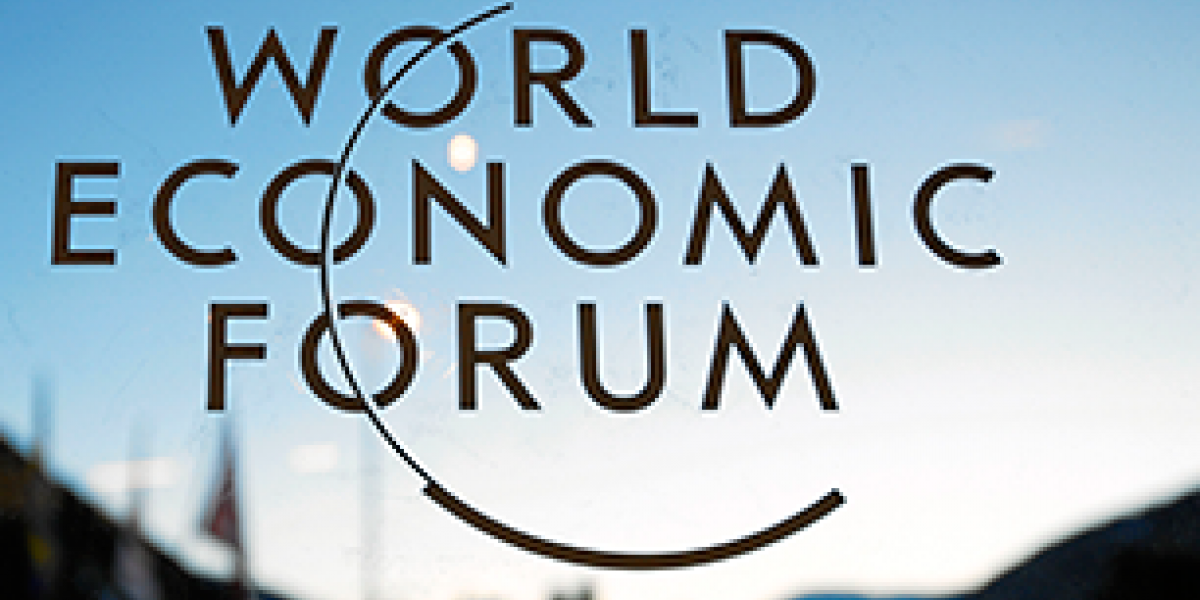Qatar ranked 27th among most networked nations in the world and second among Arab countries, (UAE that ranks 26th), on the 2016 edition of the “Global Information Technology Report GITR” published by the World Economic Forum in partnership with INSEAD and Cornell University. Bahrain and Saudi Arabia rank 28th and 33rd, respectively.
Qatar is paying considerable attention to its ICT sector as a catalyst that greatly contributes to achieving the Qatar National Vision 2030, an attitude that explains its high rankings on the GITR 2016, which is out this year under the theme “Innovating in the Digital Economy.” The report, which covers 139 economies, has measured the drivers of the ICT revolution globally since 2001.
On the Environment subindex, which includes nine indicators measuring the political, regulatory, business and innovation environments, Qatar ranks first among all Arab economies and advanced to 15th position in the world. On the same subindex, UAE ranks 19th, Saudi Arabia 28th, and Bahrain 35th.
Qatar also leads Arab world and ranks 4th and 2nd worldwide on the two indicators of “efficiency of legal system in settling disputes” and “efficiency of legal system in challenging regulations”, after it was ranked sixth and fourth in last year’s edition of the report. Qatar also ranks third in the world in the “laws relating to ICTs” indicator.
On the Usage subindex, Qatar ranked second at the Arab level and 19th worldwide. Usage subindex measures technology adoption and usage by the three groups of stakeholders; the government, the business sector, and the population at large.
On the indicator that measures technology adoption and usage by individuals and ICT companies, Qatar ranked 23rd and 25th, respectively, and 5th globally on the indicator measuring technology adoption and usage by government.
Furthermore, Qatar came third at the Arab level behind Bahrain and Kuwait and 54th globally on the Readiness subindex, which measures networked readiness in terms of ICT infrastructure, affordability, and skills. That is a point of weakness because, according to the report, tariffs of mobile services and fixed broadband internet are relatively high. However, Qatar ranks first among all Arab economies in terms of mobile network coverage.
GITR 2016 places Qatar at the 9th position globally in terms of ICT use for business-to-business transactions, something which agrees with the outcomes contained in the recently-released “Qatar’s ICT Landscape 2016: Business” Report, which showed a considerable rise in ICT adoption and usage by businesses across the country.
GITR 2016 showed greater attention being paid by GCC member states to help leverage ICT adoption and usage. Kuwait, for instance, jumped 11 positions from last year’s edition and won the 61st position and Bahrain advanced two positions and ranked 28th. This foreshadows a tougher competition among GCC countries in the years ahead, which would reshape the entire rankings in the future.
Singapore took No. 1 spot in the Networked Readiness Index 2016, followed by Finland, Sweden, Norway, United States and Netherlands.
The Global Information Technology Report 2016 features the latest iteration of the Networked Readiness Index, which assesses the factors, policies and institutions that enable a country to fully leverage information and communication technologies (ICTs) for increased competitiveness and well-being.
The Global Information Technology Report series and the Networked Readiness Index (NRI) were launched by the World Economic Forum in 2001. This represented one of the first attempts to make conceptual sense of the complex information and communication technologies (ICT) reality, identifying the common factors that enable countries to use technology effectively. The networked readiness framework that underpins the NRI was intended to provide guidance for policymakers and civil society on the factors they need to take into account to leverage ICTs in their growth strategies.
Click this link to view the full version of GITR 2016: http://www3.weforum.org/docs/GITR2016/WEF_GITR_Full_Report.pdf

